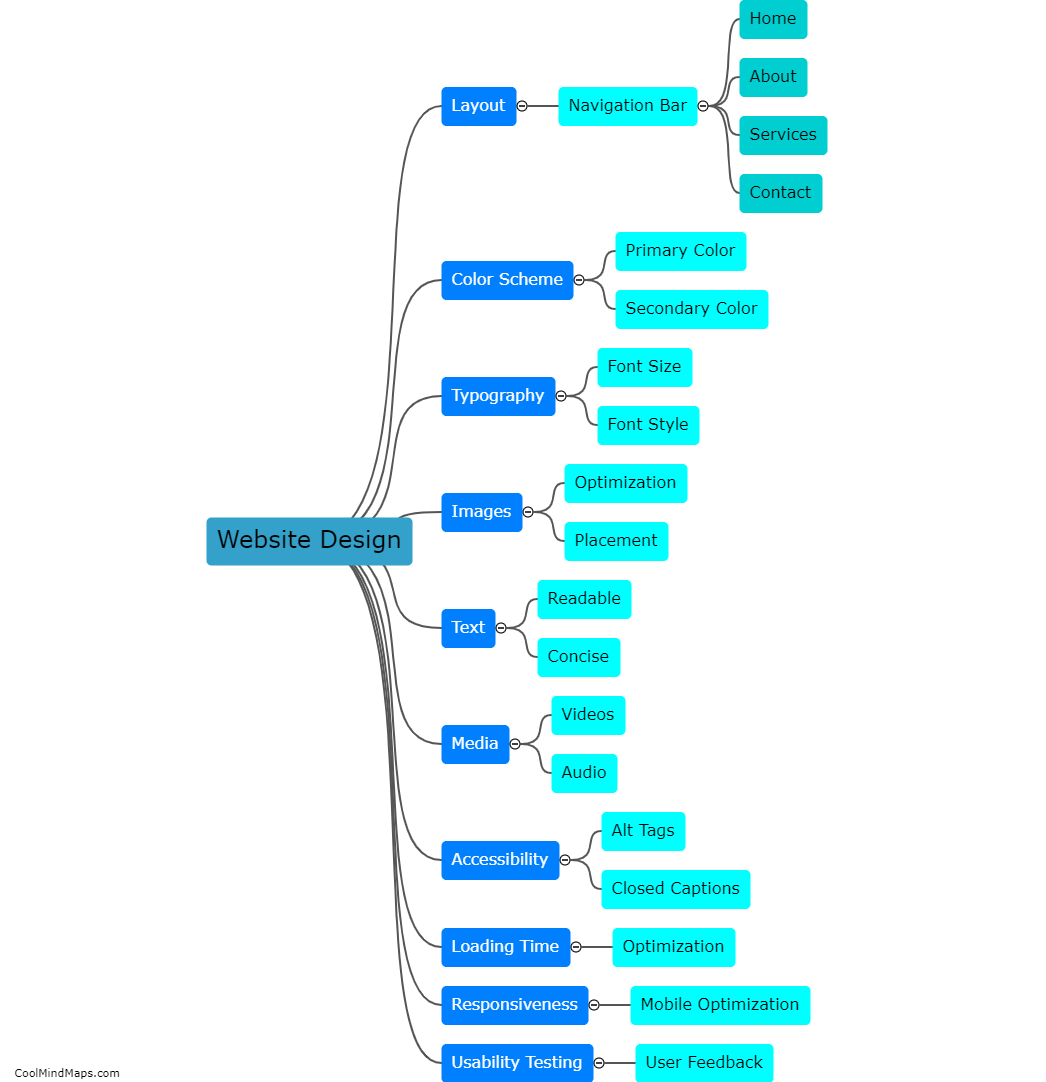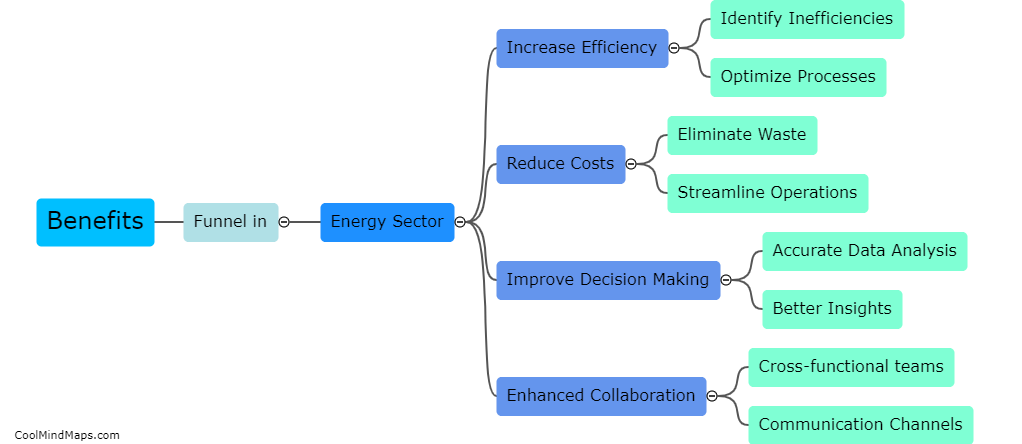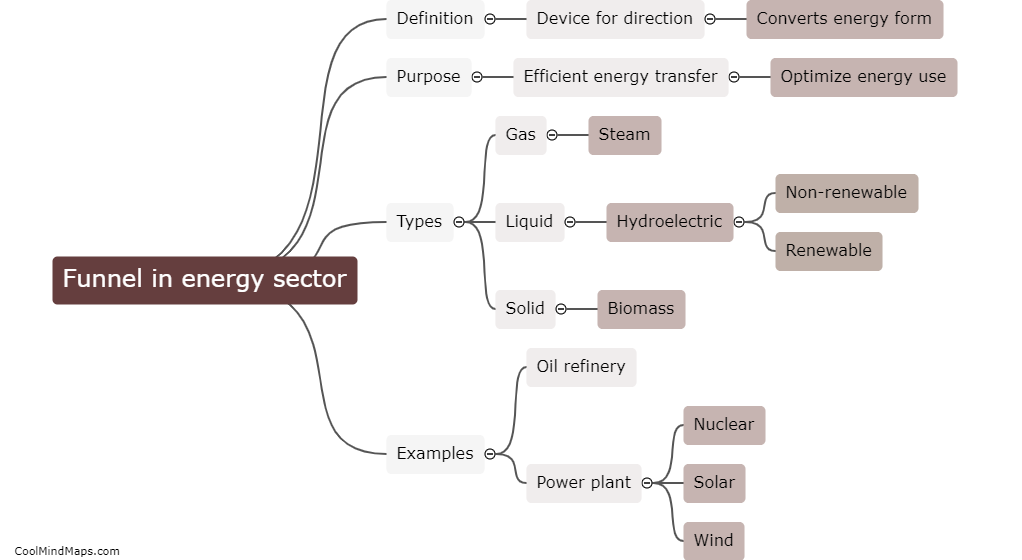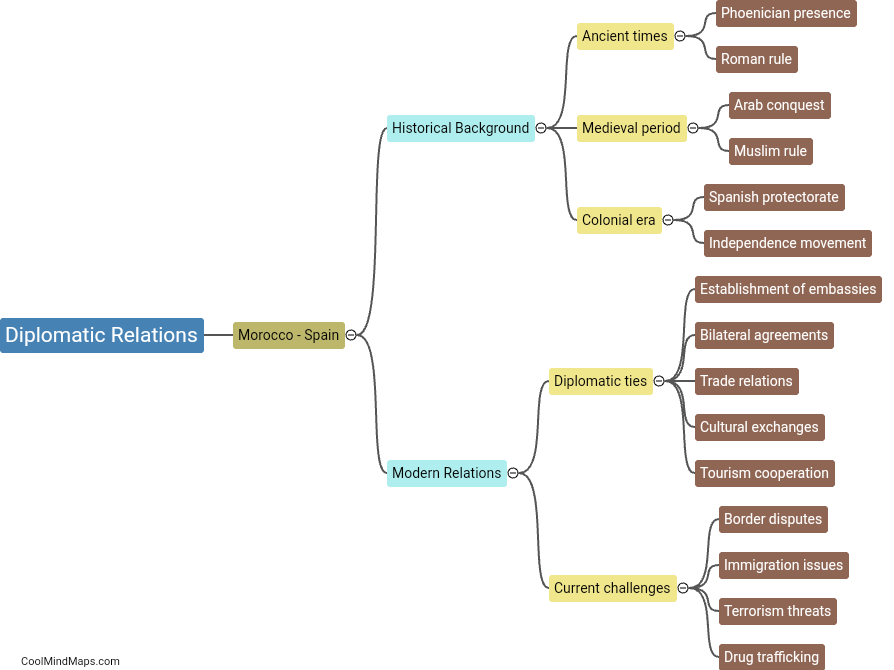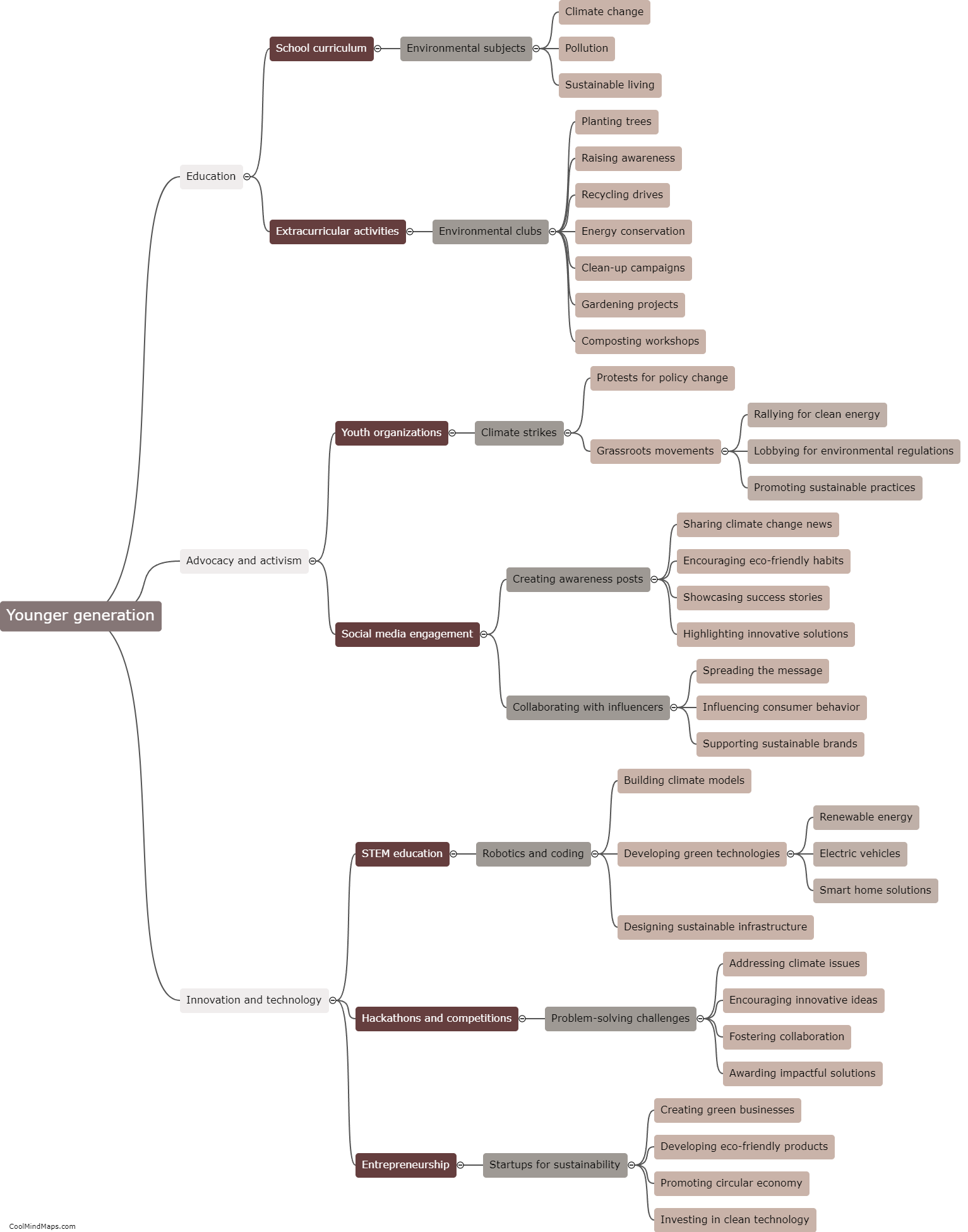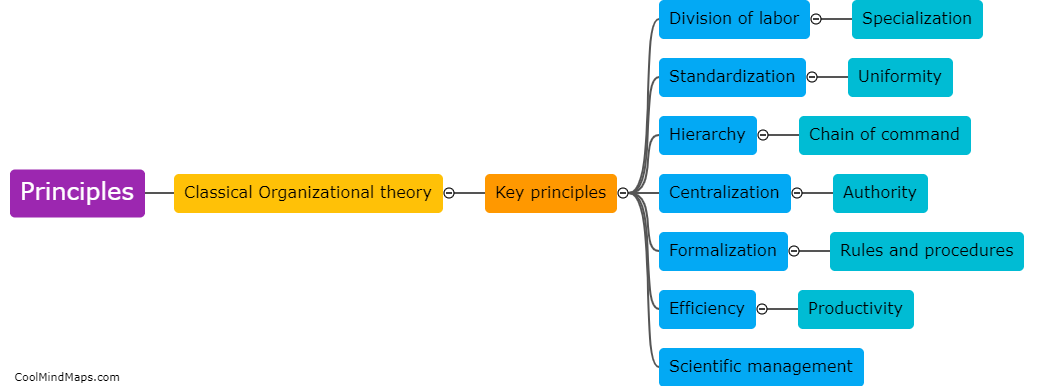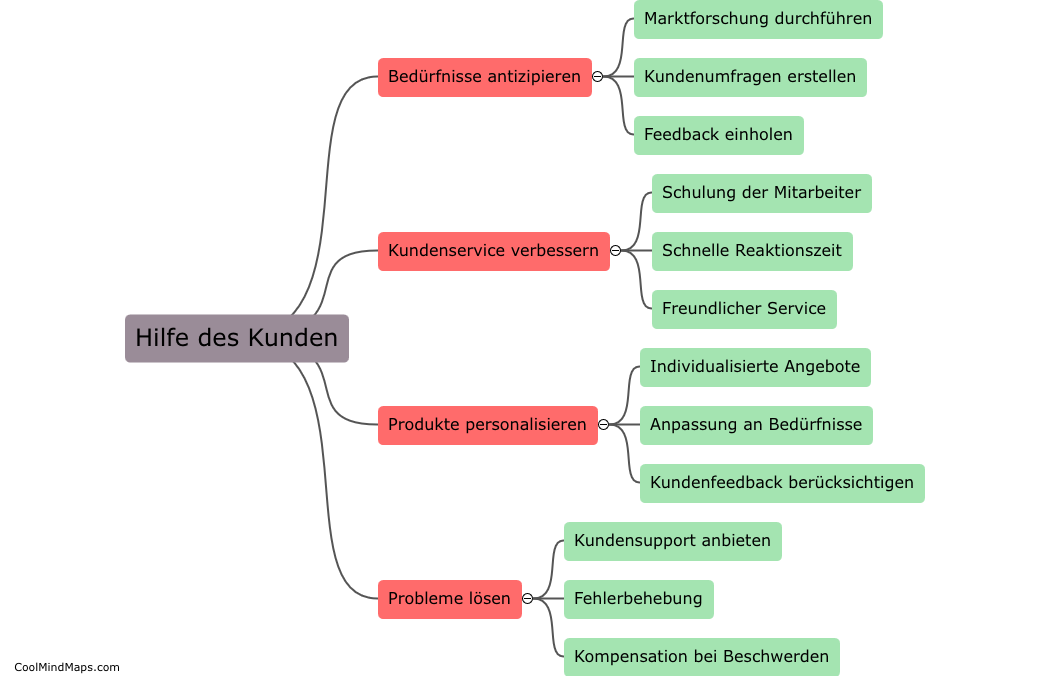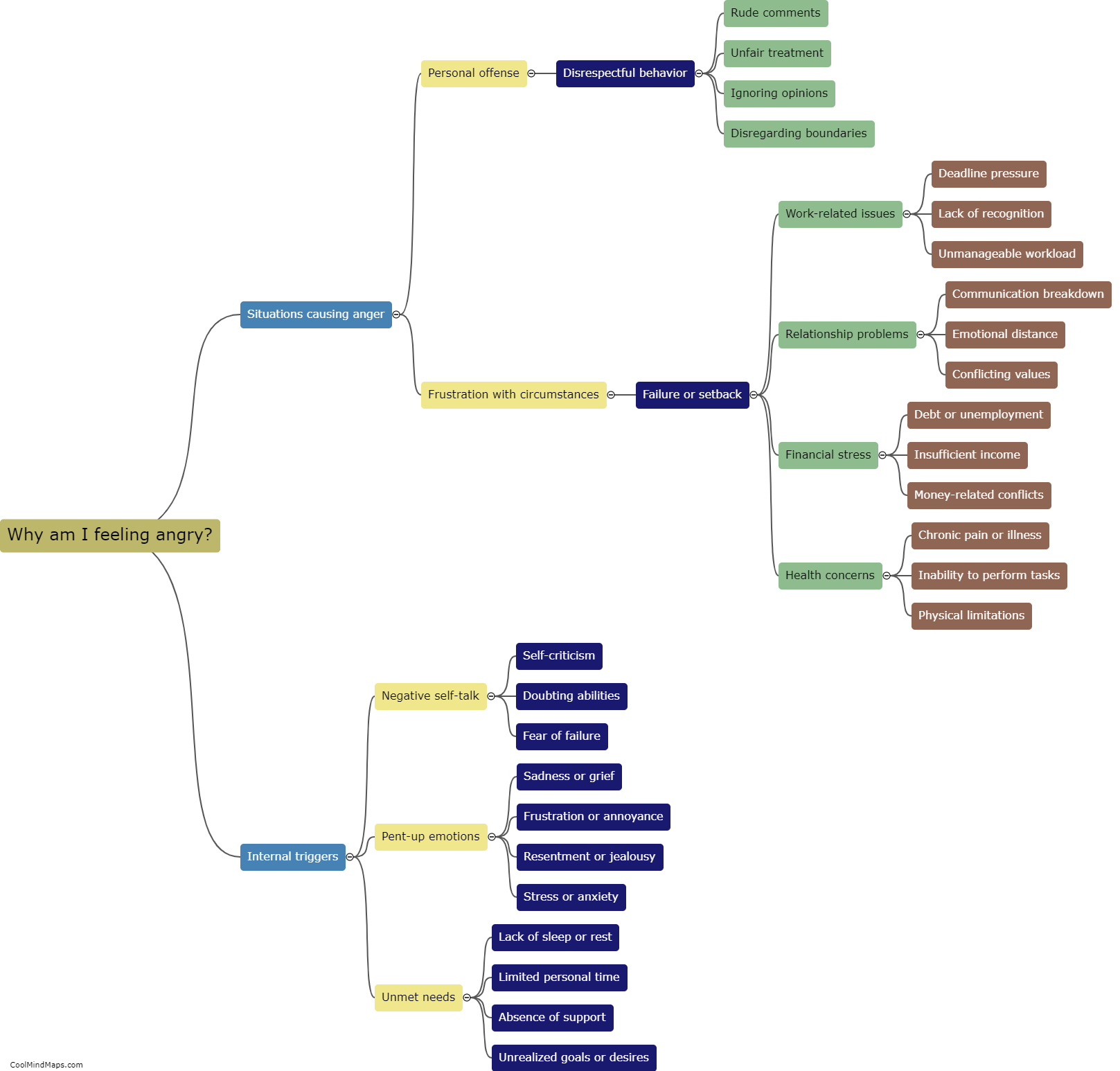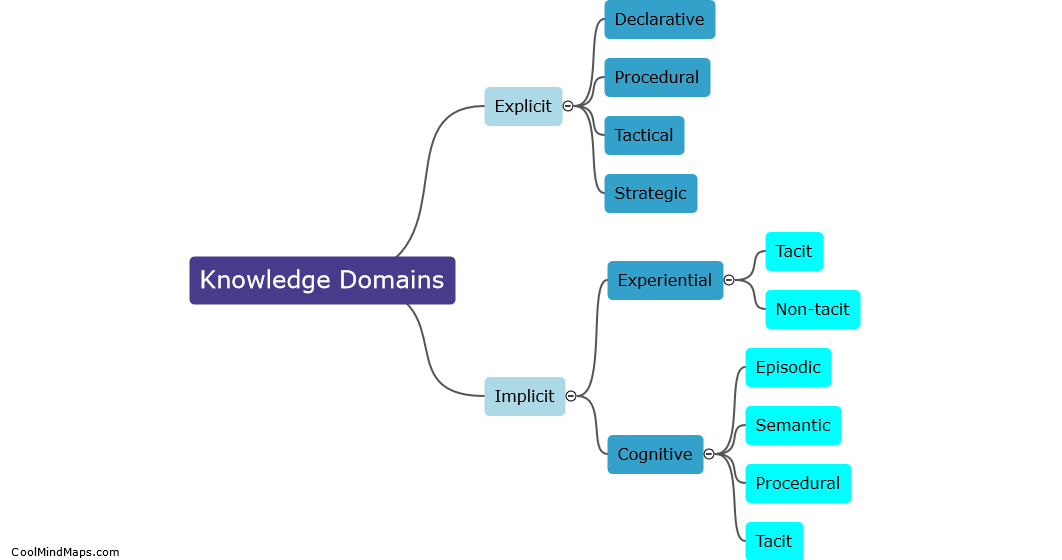What are the key principles of Taylorism?
Taylorism, also known as scientific management, is a management theory developed by Frederick Taylor in the late 19th century. It encompasses several key principles aimed at increasing efficiency and productivity in the workplace. Firstly, there is the concept of scientific study, where tasks are analyzed scientifically to determine the most efficient methods. Secondly, there is the principle of division of labor, which involves breaking down tasks into smaller, specialized components to maximize efficiency. Thirdly, there is the idea of standardization, where standardized tools, procedures, and processes are used to eliminate variability and improve efficiency. Lastly, Taylorism emphasizes the importance of a close and cooperative relationship between management and workers, ensuring that workers are trained, motivated, and incentivized to perform at their highest level. These principles, when implemented effectively, aim to optimize productivity and achieve cost-effectiveness in organizations.
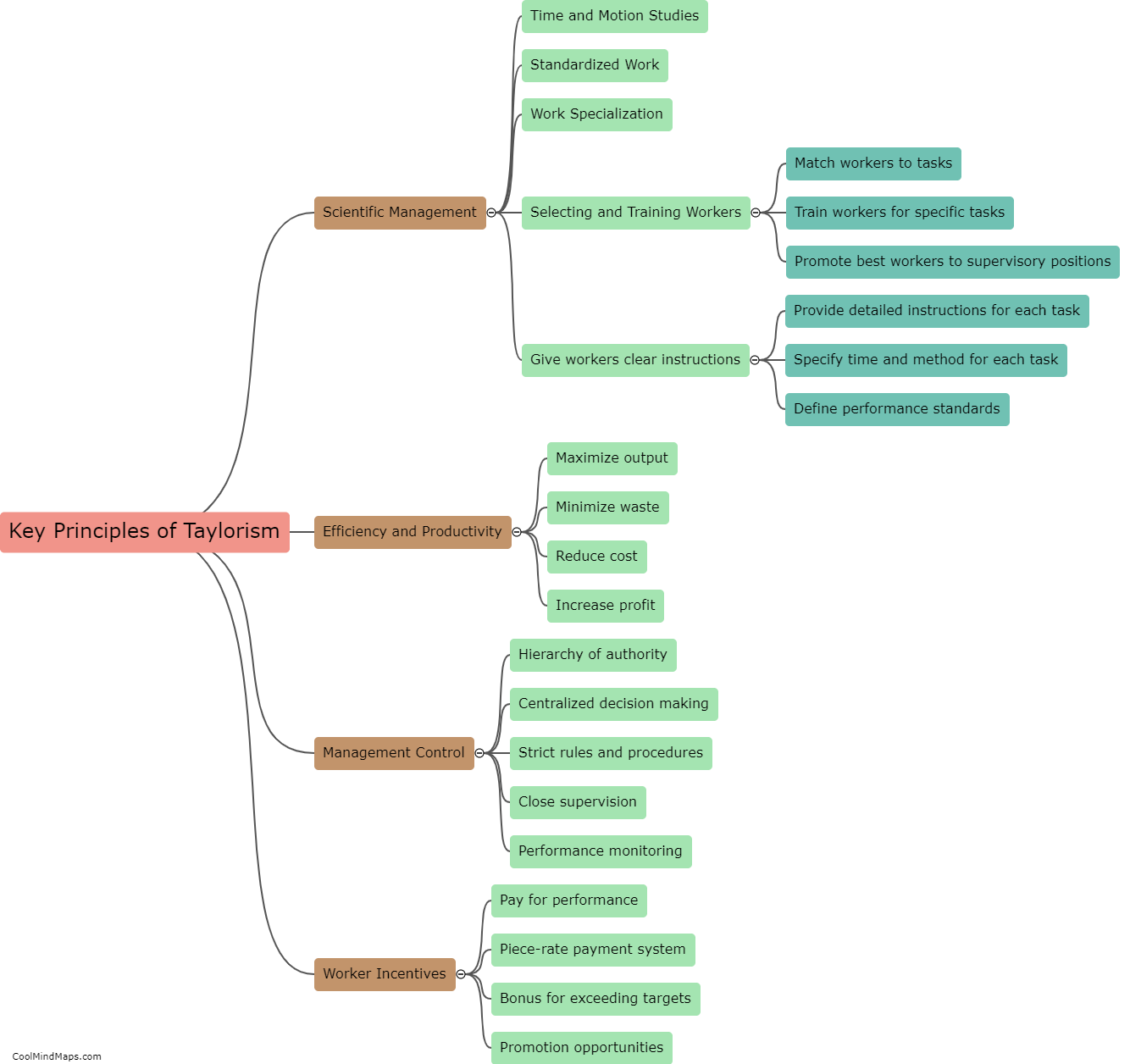
This mind map was published on 27 November 2023 and has been viewed 101 times.
